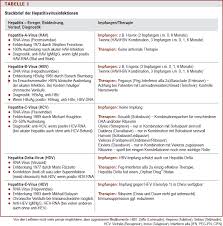What You Need to Know About Hepatitis A

Introduction
Hepatitis A is a highly contagious liver infection caused by the hepatitis A virus (HAV). The topic is increasingly relevant as outbreaks have been reported in various regions, including North America, emphasizing the need for public awareness and education. Understanding hepatitis A is crucial for public health, as it affects not only individual well-being but also community safety.
Transmission and Symptoms
The hepatitis A virus primarily spreads through the ingestion of contaminated food or water. It can also be transmitted through direct contact with an infected person, particularly in areas with poor sanitation. Symptoms typically appear two to six weeks after exposure and can include fatigue, nausea, abdominal pain, loss of appetite, and jaundice. While many individuals recover fully within a few weeks to months, the infection can be more severe in older adults and those with pre-existing liver conditions.
Current Outbreaks and Data
Recently, several outbreaks of hepatitis A have been reported across Canada. Public health authorities in provinces like Ontario and British Columbia are advising residents to get vaccinated, particularly those at higher risk, including travelers to affected regions, individuals with chronic liver disease, and certain food handlers. According to Canada’s public health agency, there have been significant increases in hepatitis A cases compared to previous years, highlighting the importance of vaccination and preventive measures.
Prevention and Vaccination
Vaccination is the most effective way to prevent hepatitis A. The vaccine is recommended for all children at age one and for adults traveling to regions where hepatitis A is common. Other preventive measures include practicing good hygiene, such as regular handwashing, and ensuring that food and water sources are safe. Health officials urge communities to remain vigilant, especially in areas experiencing outbreaks.
Conclusion
As hepatitis A continues to pose a risk in various regions, public health education is essential. Vaccination not only protects individuals but also helps prevent the spread of the virus in communities. For readers, staying informed about symptoms, transmission, and preventive measures can make an important difference in combating this infectious disease. As outbreaks are monitored, continued public health efforts are vital to ensure community safety and health.









